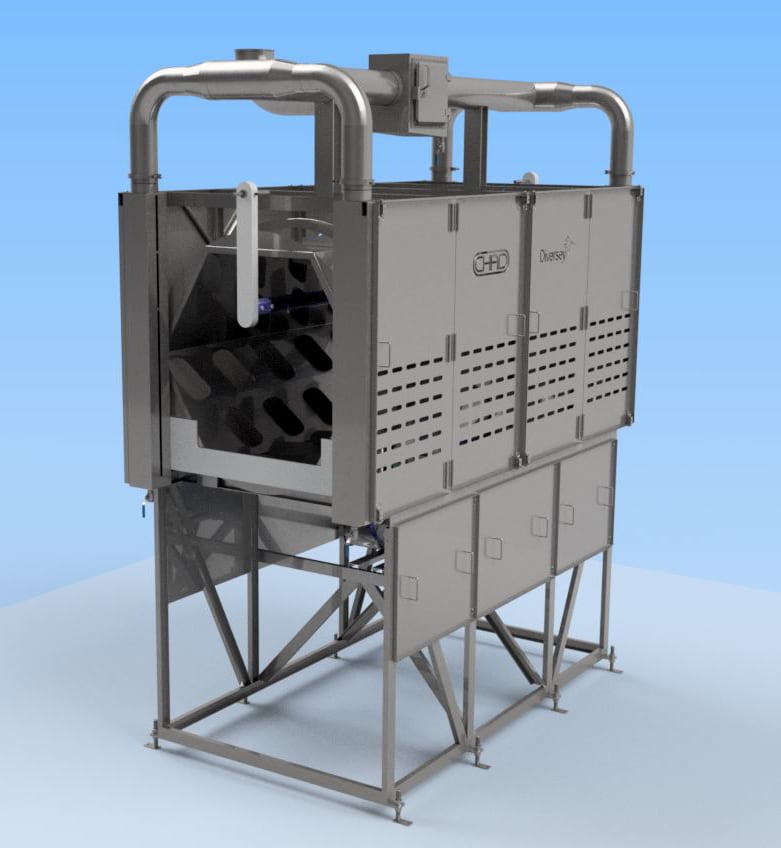I’ve worked in the USDA- and FDA-regulated further processing industries for a number of years and recently completed the FSPCA Preventive Controls for Human Food Blended Course to help me understand the regulation and the nomenclature used in FSMA – and to meet the requirements of a Preventive Controls Qualified Individual.
While the FSMA final role was published back on 2015 and most plants have already fallen under the FSMA final rule, smaller plants, and those subject to other parts (i.e. produce safety) may just now be working through the complexities as well as some of the provisions. Under FSMA each facility will need a PCQI to perform or oversee preparation of the Food Safety Plan, validation of the preventive controls, records review and reanalysis of the Food Safety Plan. For me, I took the course as I thought it was important to understand the differences and similarities between FSMA’s Food Safety plan and the programs I had in the past.
In short, FSMA requires a risk assessment/hazard analysis to identify preventive controls/ hazards requiring a preventive control for the process, sanitation, allergens and supply‐chain programs as well as a recall plan.
I found that the Food Safety Plan required by the FSMA regulation is very similar and parallel to the food safety systems I’ve implemented and worked with throughout my career. I previously had HACCP, SSOP, environmental microbiological programs, a supplier approval process, an allergen program and a recall plan. Under the FSMA preventive controls program, the scope of risk assessment changed, but uses the familiar HACCP methodology. The risk assessment is widened past process controls to incorporate the controls for food allergens, sanitation, and suppliers requiring a preventive control. These programs have been required under other regulations and are ones included in a good food safety system.
Certainly there is a list of major and negligible differences in the FSMA rule compared to previous regulations in the USDA and FDA that could be discussed and were covered in the course. Some specific differences I felt were of note during the course were:
- The requirements for supplier controls and specifically the foreign supplier verification program
- The additional operational hazard radiological hazards to consider
- The broader term of parameters and values vs. maximum and minimum value (used for a CCP) to allow for different types of controls to be utilized
Looking for help with your food safety plan? Contact our team of trained, certified experts. Experienced microbiologists, chemists, equipment engineers, and food safety professionals, are available to work directly with you, in your plant, to solve your challenges. HACCP, SQF and BRC certified professionals; you name it, we have them on our team.
 Neill Coatney is the Technical Manager – Sanitation Services for Birko and can be reached any time at 303-551-4370 or [email protected].
Neill Coatney is the Technical Manager – Sanitation Services for Birko and can be reached any time at 303-551-4370 or [email protected].








